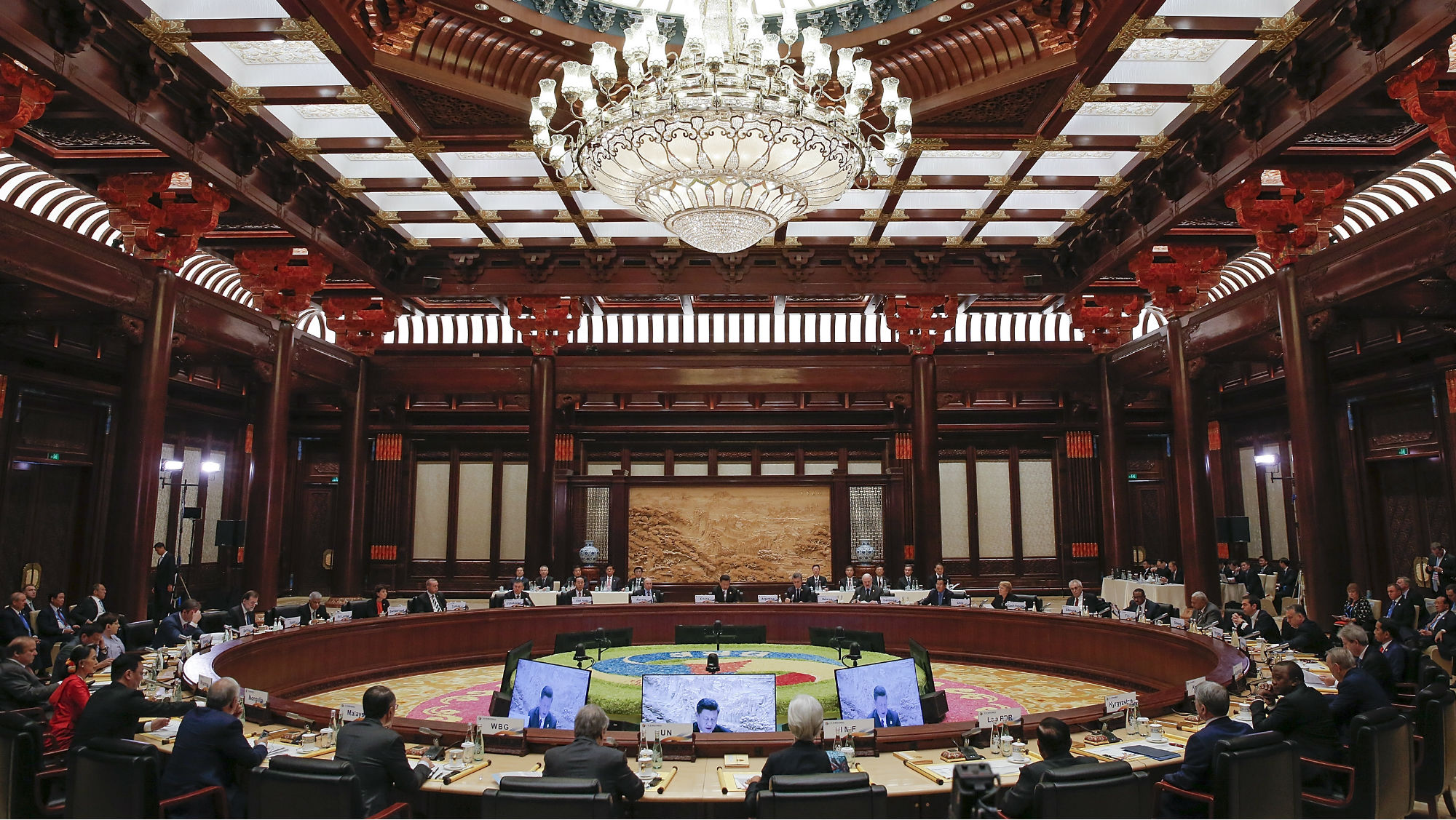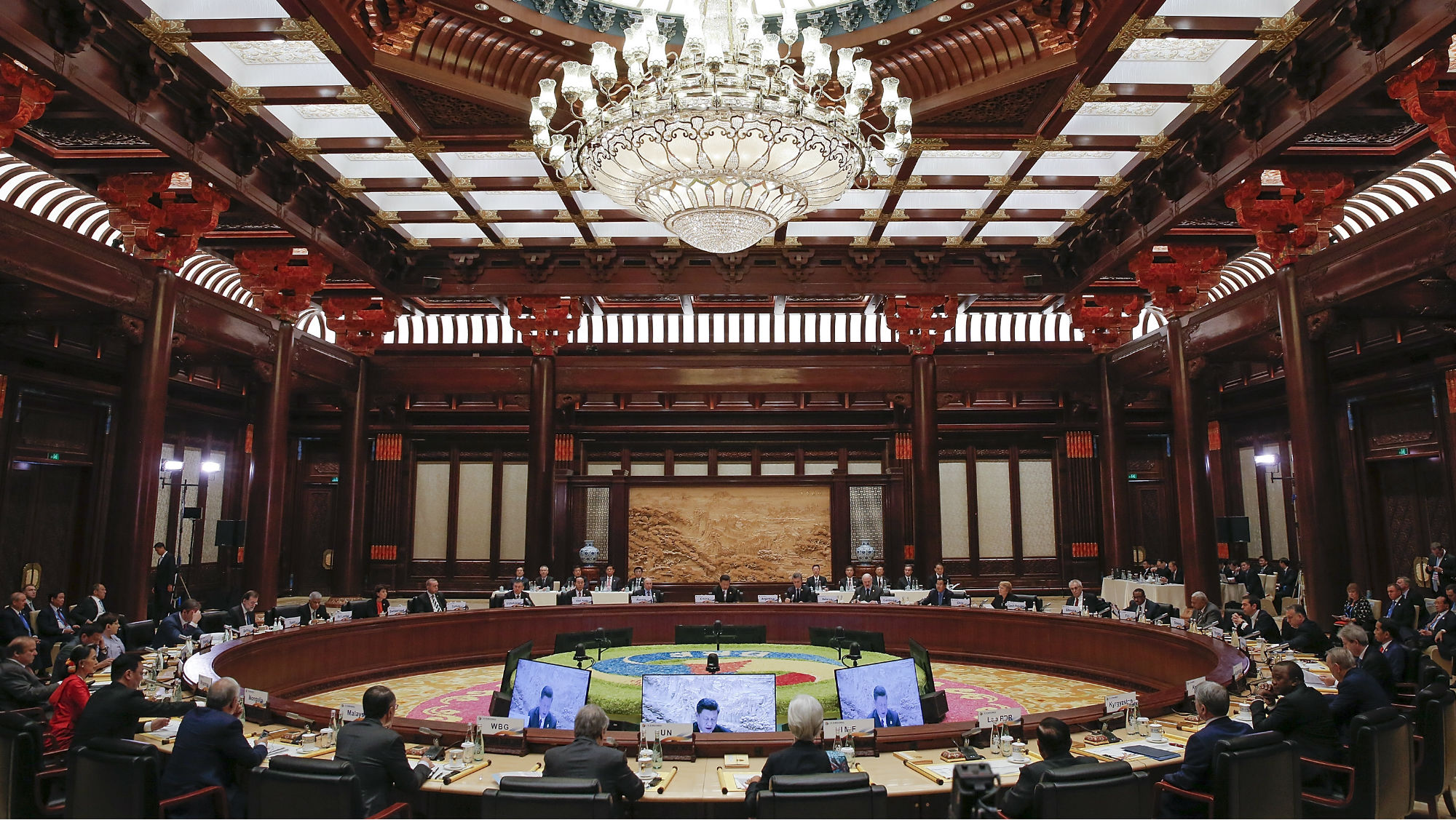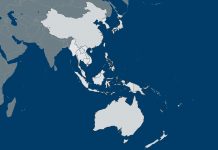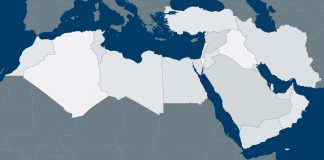By Kamran Bokhari
China’s One Belt, One Road, a much-touted initiative to connect the country with Europe, the Middle East, Africa and other parts of Asia, is facing resistance from states whose cooperation Beijing needs to build its highly ambitious infrastructure projects. Last week, Pakistan and Nepal both pulled out of deals to build dams with China because of disagreements over the terms of the deals. Countries that have partnered with China on projects such as these need Chinese finance and expertise to help develop their economies and infrastructure. But these two cases show that some countries are unwilling to just accept China’s terms in exchange for access to its cash. There are limits to China’s economic clout, and Beijing can expect similar pushback from other countries.
On Nov. 15, Pakistan announced that it had withdrawn from the $14 billion Diamer-Bhasha Dam, part of the China-Pakistan Economic Corridor project, over its objections to certain terms and conditions set by Beijing. According to the head of Islamabad’s Water and Power Development Authority, China demanded ownership of the project and its operations and wanted its own forces to provide security. Pakistan will use its own financing to go ahead with the dam, which is expected to provide 4,500 megawatts of power – roughly equivalent to the country’s energy shortfall.
Before the dam was included in the $62 billion CPEC project, the Pakistanis had sought financing from the World Bank and the Asian Development Bank. Both institutions refused to fund the project because of its location in the Pakistani-controlled part of the disputed Kashmir region. The project, which has been in the works for 15 years, has already faced numerous delays and could face even more if Pakistan is unable to supply the money needed to complete the dam.
The CPEC will continue to fund other projects, including roadways, energy facilities, transportation systems and the port of Gwadar. At a time when relations with the United States have deteriorated, Pakistan is all the more reliant on China for development assistance, making the decision to reject Chinese funding for the dam even more significant. Pakistan didn’t make this decision lightly, but it couldn’t accept the terms China was seeking; Chinese ownership of a major infrastructure facility guarded by Chinese security forces was just a step too far.

Leaders attend a roundtable meeting during the Belt and Road Forum at the International Conference Center in Yanqi Lake, north of Beijing, on May 15, 2017. LINTAO ZHANG/AFP/Getty Images
Also last week, Nepal announced that it would scrap a $2.5 billion deal with Chinese state firm China Gezhouba Group to develop the Budhi Gandaki hydroelectric project. The hydroelectric plant would have generated 1,200 megawatts of electricity. The deal was signed last June – less than a month after Nepal agreed to participate in OBOR – by the pro-Beijing Maoist-dominated government in charge at the time.
That government has since been replaced by an interim government, which has said that a key part of its decision to pull out of the deal was that the agreement was reached without a competitive bidding process. There is much speculation that factions that support India within the interim government were behind the decision. Nepal has long been part of a struggle for influence between the world’s two most populous nations. With elections due on Nov. 26, the future balance between pro-China and pro-India factions in Nepal remains unclear, but the struggle between these two camps is just one part of why Nepal pulled out of the deal and why China has had trouble ensuring the cooperation of its partners.
In an article published this week, the Hong Kong-based South China Morning Post highlighted the larger implications of the cancellation of these two deals. That a Chinese paper has been openly critical of how China has handled this issue is noteworthy. Chinese publications don’t often acknowledge problems associated with a signature project of President Xi Jinping. But people are beginning to take notice of the many problems with OBOR. The failure of these deals is related to the fact that OBOR is an overly ambitious initiative that lacks a coherent strategy.
The most developed of OBOR’s six overland economic corridors runs from Xinjiang province in western China through the entire length of Pakistan to the port of Gwadar on the Arabian Sea. Pakistan views the project as a major part of its close relationship with China and its efforts to address its chronically weak infrastructure. But Pakistan understands that China’s main interest in the project is to ensure that Chinese firms can profit from it, to find new markets for its goods and to establish a new trade route that isn’t dependent on maritime shipping lanes.
It is unlikely that Pakistan and Nepal will be the only countries critical of China’s approach to these infrastructure projects. Countries in Central Asia, where the Chinese are aiming to develop another critical corridor as part of OBOR, could also raise objections to Chinese demands, which are proving to be unduly onerous on China’s partners. These countries want China’s funding, but not at any cost.









 The Geopolitics of the American President
The Geopolitics of the American President